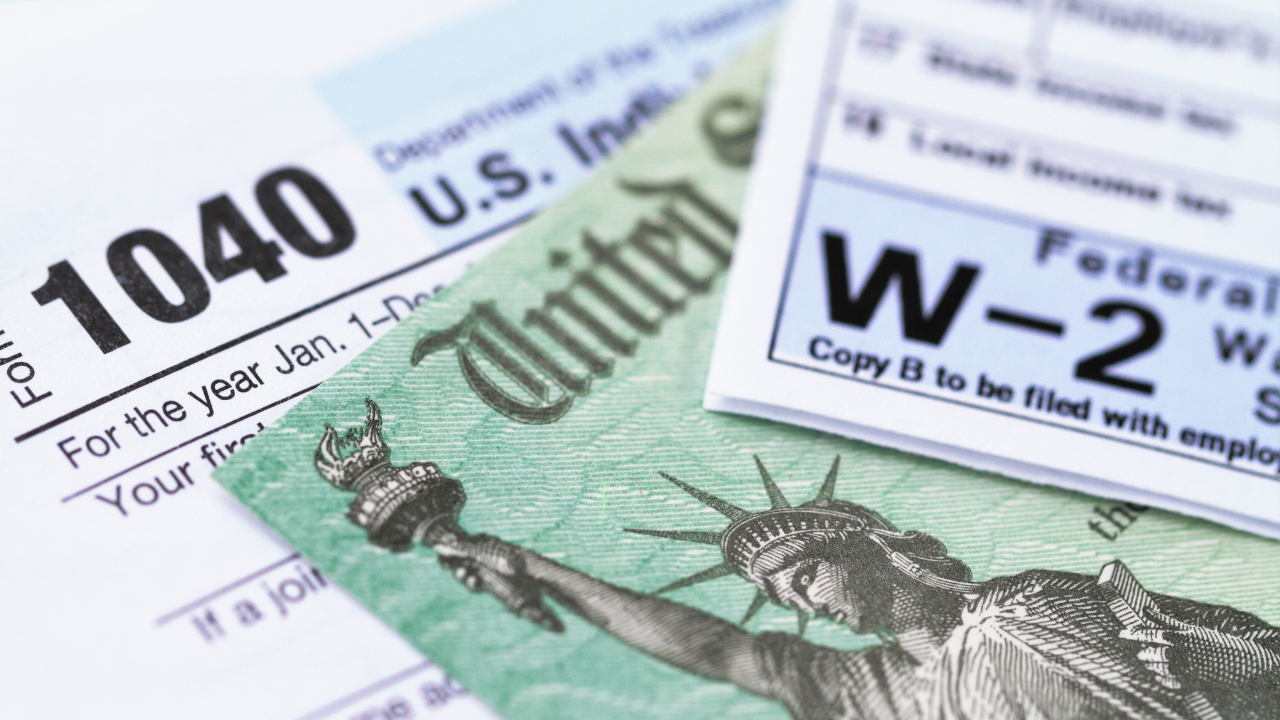Stress Less This Tax Season with Smart Planning

Key Takeaways
-
-
-
-
- Planning ahead can make tax season less stressful.
- Decide if you need professional help or use an online service.
- Know important deadlines and keep your information updated.
- Gather your tax documents early.
- Watch out for fraud.
-
Getting ready for tax season may not be fun, but with some planning, it doesn’t have to be stressful. Here’s how to make things easier this year.
First, decide if you need help
If your life changed this year—like getting married, divorced, starting a business, or moving for work—you might need extra help with your taxes. Consider hiring a tax professional to prepare your return, but don’t wait too long to book an appointment as calendars fill up quickly. Be sure to ask about their fees upfront so there are no surprises.
Prefer doing taxes yourself? Online tax services and software make it easy to file electronically. You can access Intuit TurboTax® right from My Toolkit in Lake City Bank Digital. It offers expert help, guarantees the largest return you qualify for, and gives Lake City Bank customers a 10% discount on TurboTax federal products*.
Know your deadlines
Most tax-saving changes need to be made before December 31. However, you can still contribute to a Roth or traditional IRA until April 15, 2025, to reduce your 2024 taxes if you qualify.
Keep your info updated
If you’ve moved or changed your name, make sure your information is current with the Internal Revenue Service and the Social Security Administration. Your name on your tax return must match Social Security records or your return could be delayed.
Get your documents together
Don’t wait until the last minute to collect your tax forms. Start with last year’s return to see what you’ll need. Next, gather your IRS forms. Remember, most income is taxable, including unemployment income, interest income, and earnings from a side gig or freelance job. Here are some common forms:
- W-2 forms report income from your job. You should receive them from your employer by the end of January.
- 1099 forms show earnings if you worked as a contractor or freelancer. You will need to pay tax on this income either quarterly or when you file your taxes in April.
- Form 1098 shows mortgage interest you paid if you own your home.
- Form 1099-INT shows interest earned on deposits.
- Form 1099-DIV reports dividends or investment earnings.
- Form 1098-E shows student loan interest that you paid.
Need more details? Check out the IRS’s full list of forms here.
Setting up an online IRS account lets you access documents, make payments, and check your status without long wait times on the phone.
Consider an extension
Not ready by April 15? You can file for a six-month extension with Form 4868, but keep in mind that interest and penalties may still apply if you owe money.
Stay alert for scams
Tax season is also prime time for fraud, including messages from fraudsters impersonating the IRS. Remember, the IRS will only contact you by mail. Don’t share personal information with anyone purporting to be from the IRS who contacts you by phone, email or text. If you need a tax preparer, check the IRS database to avoid fraudulent “professionals”.
Ready, set, file!
With good preparation, filing your tax return can be less of a chore. Start early to keep your tax season smooth and stress-free.
*Additional fees may apply
-
-



